Sounds of Shaking Earth: Landscapes of Portuguese Cinema
Programmed by: Avivit Ashman
Since the beginning of Portugal’s film industry, the “filme tipicamenta português” — the typically Portuguese film — has been one with a particular attention to landscape. In the cinema of the Salazar regime, depictions of the rural environment were schematized as a character-building project by the state, serving as instruments against growing fears of foreign films’ “denationalization” of the Portuguese spectator. The countryside, with the perceived conservatism of its people and pride-inspiring spectacle of its terrain, was an ideal apparatus of propagandistic influence, according to scholar Patrícia Vieira. Documentary films of “folkloric” peasant life flourished in this period, a tradition that was complicated and expanded upon decades later in the work of António Campos and Manuela Serra (to whom three programs are dedicated) as well as Margarida Cordeiro and António Reis. After the Carnation Revolution in 1974, filmmakers became interested in nature less as a nationalist symbol and more for its potential as a site for formal experimentation, for a reckoning with nostalgia and historicization, and for a deeper exploration of the rifts between modernity and tradition, humans and earth. Surveying an array of essential figures of Cinema Novo and contemporary Portuguese cinema, Sounds of Shaking Earth builds upon last year’s Cordeiro-Reis retrospective and this quarter’s concurrent Marta Mateus program to track key changes in filmmakers’ visions of the natural environment and the emergence of, in Vieira's words, a filmic ecological consciousness.
Abraham’s Valley (1993)
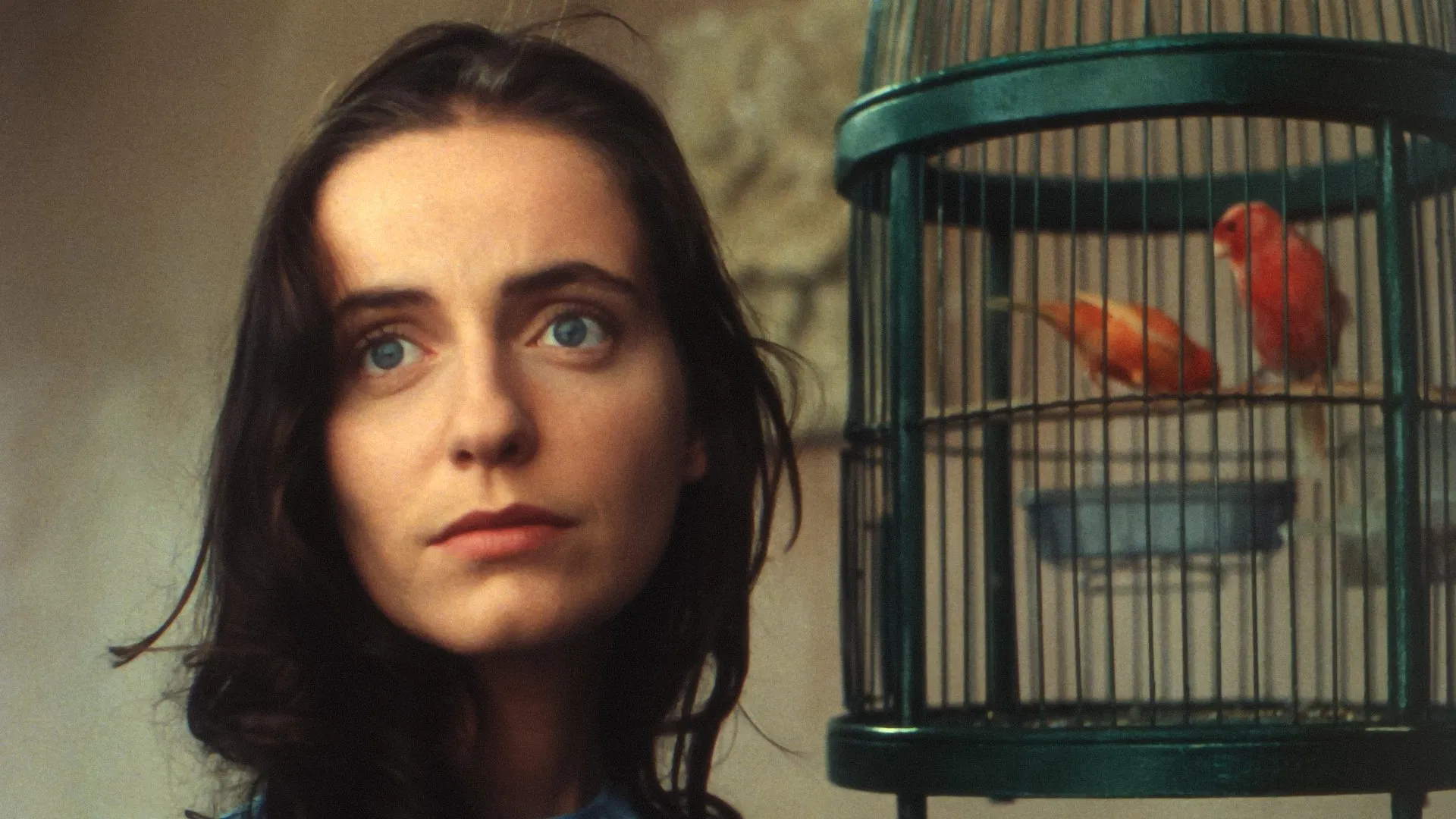
Manoel de Oliveira · 204m · DCP
Manoel de Oliveira treats the story of Ema (Leonor Silveira), a beautiful young woman languishing in her marriage to an older doctor, with a Bressonian economy and a reverence to the mysterious workings of space in relation to human desires. Oliveira substitutes the Norman countryside of Madame Bovary with the Edenic river vistas of the Douro Valley, a nature that confines and frustrates Ema’s longings as much as its openness reflects them.
Wednesday, October 1 7:00 PM
Veredas (1978)
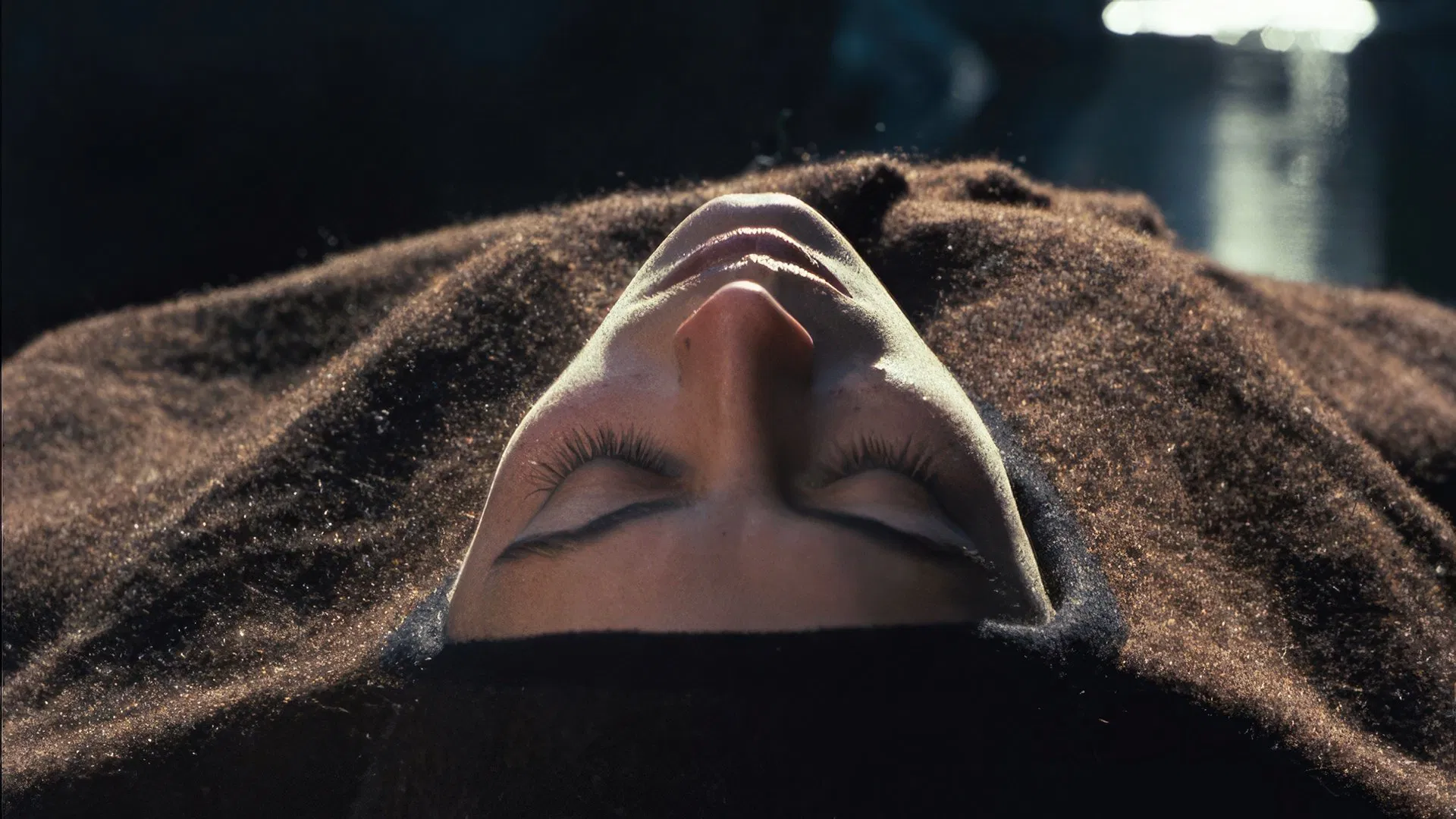
João César Monteiro · 123m · DCP
Monteiro weaves depictions of rural labor, Greek drama, and contemporary class struggle into an adaptation of traditional Portuguese folktales of lovers on the run. His characters navigate a natural environment whose flux and dynamicism mirrors that of a post-revolutionary Portugal as, according to Eduardo Prado Coelho, “slowly but surely the film starts falling apart […] according to its own coherence (which is always fragile in Monteiro’s works).”
Wednesday, October 8 7:00 PM
A Almadraba Atuneira / Vilarinho das Furnas (1961 / 1971)
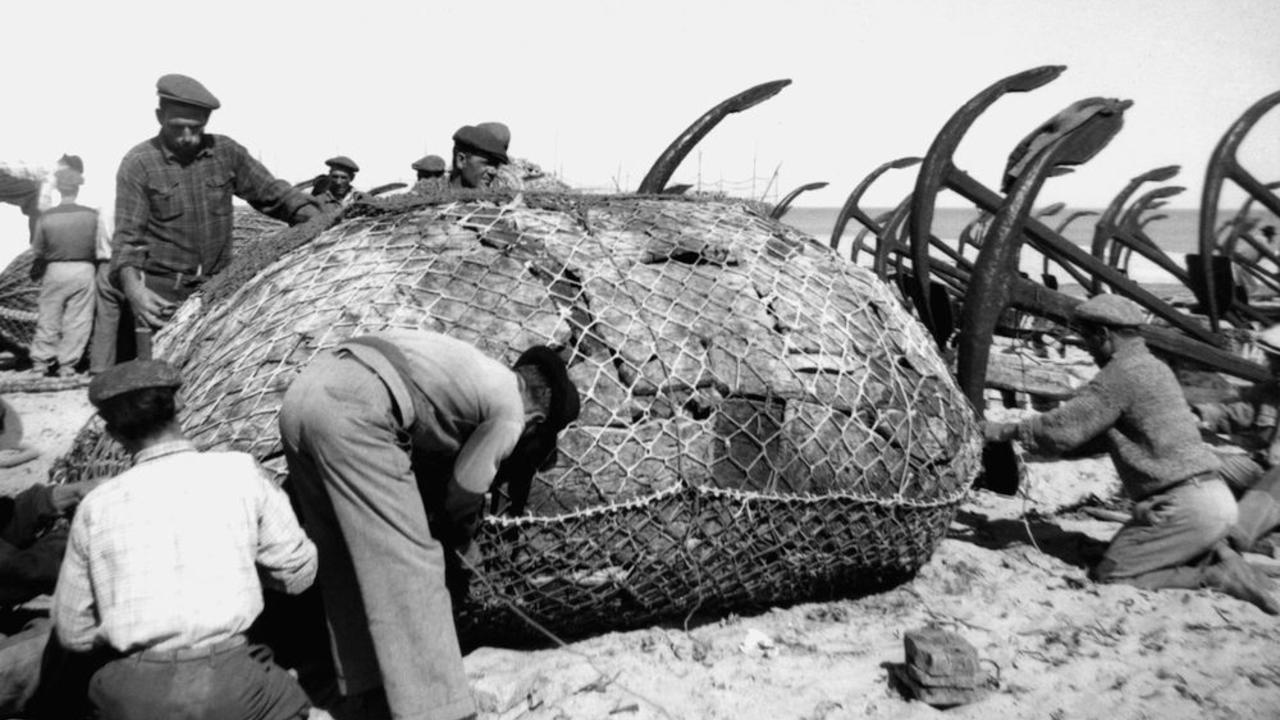
António Campos · 26m / 77m · DCP
Two films track changes in Portuguese society and the evolution of the work of António Campos, showcasing his work both before and after the Carnation Revolution. Both A Almadraba Atuneira and Vilarinho das Furnas are documents of villages moments before their destruction, of landscape and nation in flux. The former documents the preservation of a Phoenician fishing technique in a southern village before its desolation by a storm. In the latter, the people of Vilarinho das Furnas struggle against imminent dispossession as the construction of a hydroelectric dam threatens their village.
Digitization by Cinemateca Portuguesa - Museu do Cinema, under the frame of the FILMar project, part of the European Financial Mechanism EEA Grants 2020-2024.
Wednesday, October 15 7:00 PM
Falamos de Rio de Onor / Gente de Praia da Vieira (1974 / 1976)
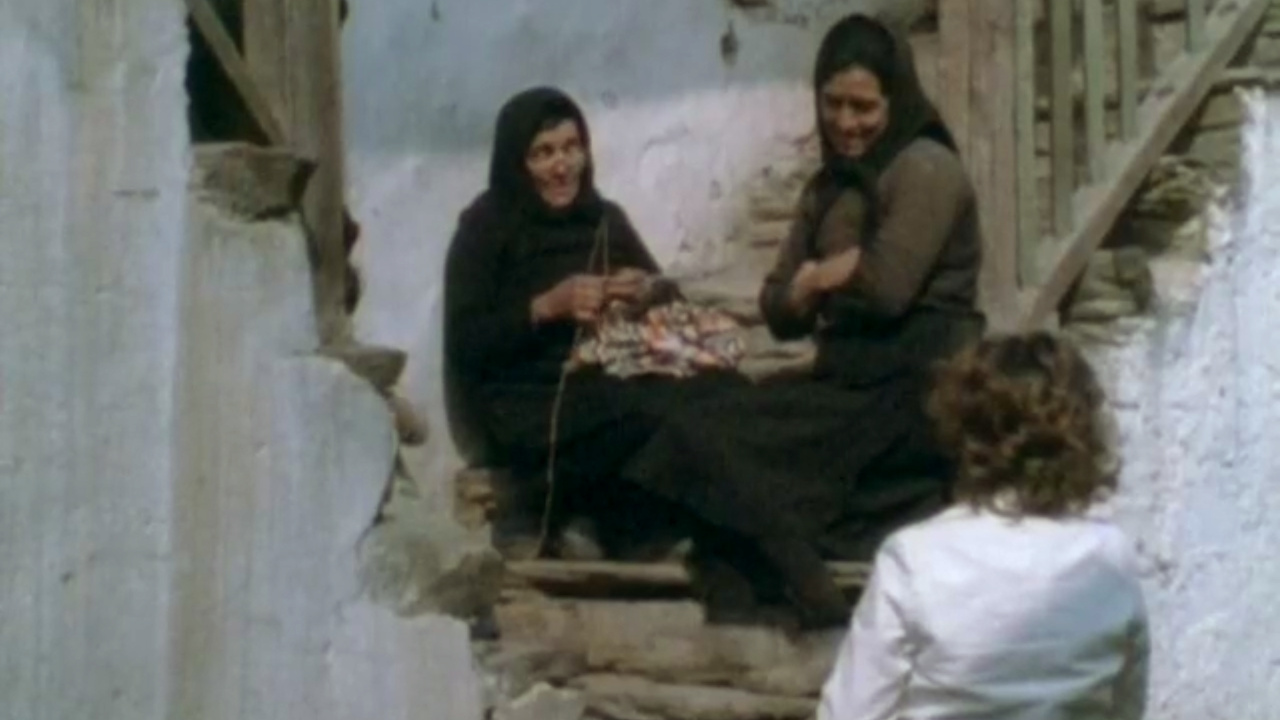
António Campos · 65m / 73m · DCP
These films expand on last week’s introduction to Campos’s oeuvre as the filmmaker continues his expansion of Portuguese documentary traditions. Falamos de Rio de Onor, predating Cordeiro and Reis’s masterpiece on the region, is a generous, experimental ethnographic work documenting the rhythms and geographies of Tras-os-Montes. Campos is at his most formally innovative in Gente de Praia da Vieira as he interweaves a record of the collective life of a Tagus River village with material from his earlier films.
Digitization and restoration by Cinemateca Portuguesa - Museu do Cinema, under the scope of the Recovery and Resilience Plan, a measure integrated into the Next Generation EU program; and under the frame of the FILMar project, part of the European Financial Mechanism EEA Grants 2020-2024.
Wednesday, October 22 7:00 PM
Change of Life (1966)
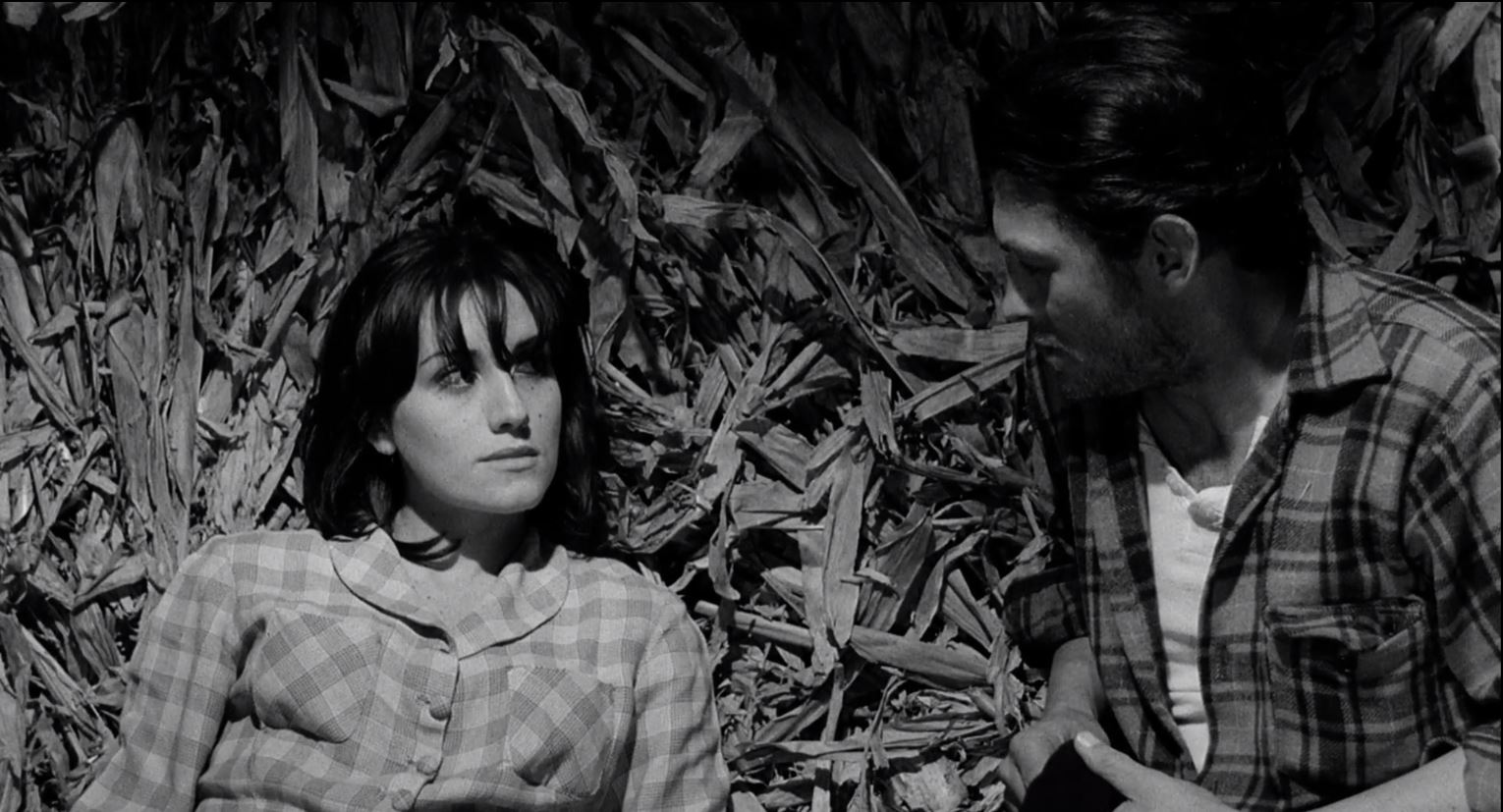
Paulo Rocha · 94m · DCP
A fisherman returns to his childhood village from Portugal’s colonial war in Angola. Rocha frames tides, wind, and crumbling buildings as symbols of and witnesses to relentless permutations in history and tradition. With its local casting strategy inspired by Manoel de Oliveira and dialogue written by António Reis, Change of Life is also a testament to the intimately entwined practices of Cinema Novo filmmakers.
Wednesday, October 29 7:00 PM · Sunday, November 2 4:00 PM
Fire of Wind (2024)
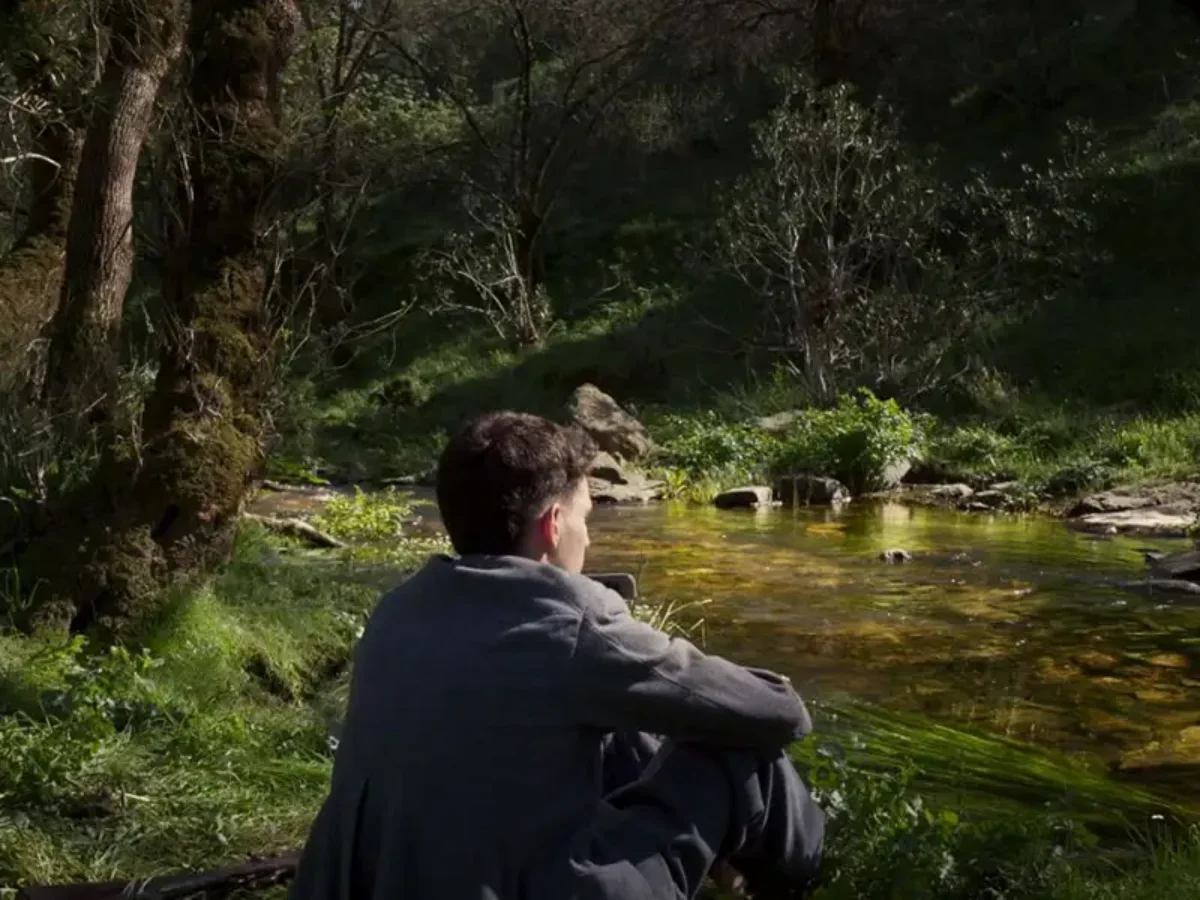
Marta Mateus · 72m · DCP
Doc Films is honored to welcome Marta Mateus as she presents her debut feature, Fire of Wind, an oneiric tale of a group of Alentejo workers hiding in the trees from a runaway bull. The poeticism, historical richness, and instinctive sense of light and space of Mateus’s imagery place her squarely in conversation with Cordeiro-Reis, Straub-Huillet, Stroheim, and the other filmmakers she has selected for her carte blanche programs.
The November 8 screening will be followed by a Q&A with by Marta Mateus and Jonathan Rosenbaum.
Wednesday, November 5 7:00 PM · Saturday, November 8 7:00 PM
The Sound of the Shaking Earth (1990)
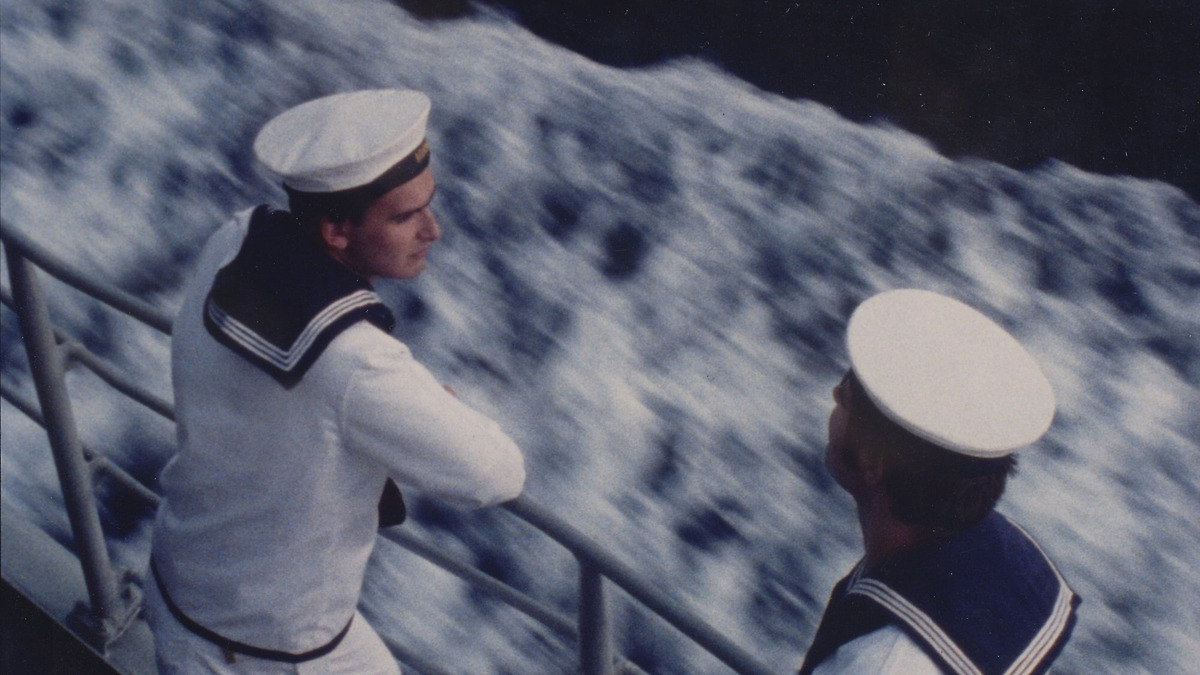
Rita Azevedo Gomes · 93m · DCP
A writer describes a book that will never be written, imagines landscapes that perhaps do not exist, and moves with a sense of time both stagnant and eternally flowing with life and poetry. Here, landscape nurtures and unsettles human solitude, and might prove to be entirely illusory in the first place, allowing for a textured inspection of nature as it exists in the realm of the ideal.
Wednesday, November 12 7:00 PM · Saturday, November 15 4:00 PM
O Movimento das Coisas (1985)
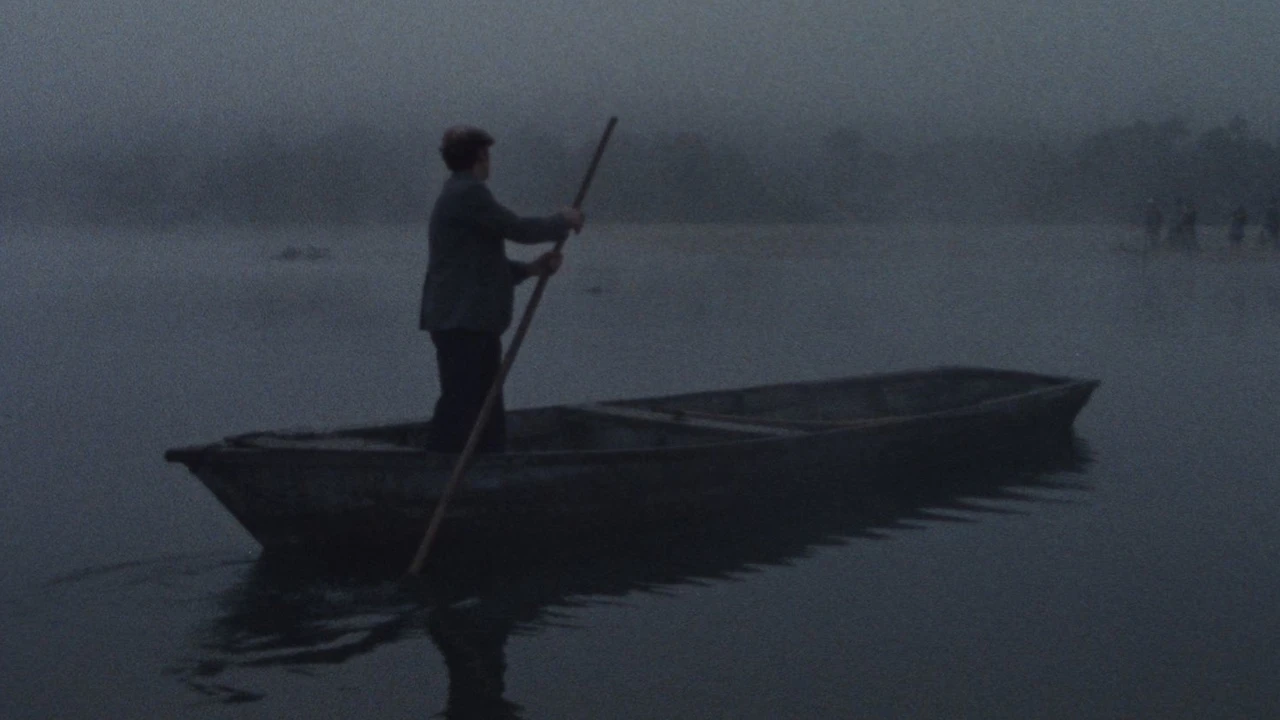
Manuela Serra · 90m · DCP
In her only solo film, the formerly exiled filmmaker returns to Portugal in this patient meditation on an industrializing Lima Valley village, alternately full of motion and silence. With a special attention to the daily tempos of women’s labor, Serra’s film elevates movement “not as a statement of purity or a form of achieving cinematic transfiguration and aesthetic poetry,” according to Carlos Natálio, but as a “wider and deeper notion of movement” taken on its own terms without overbearing commentary or exploitative symbolization.
Wednesday, November 19 7:00 PM
Casa de Lava (1994)
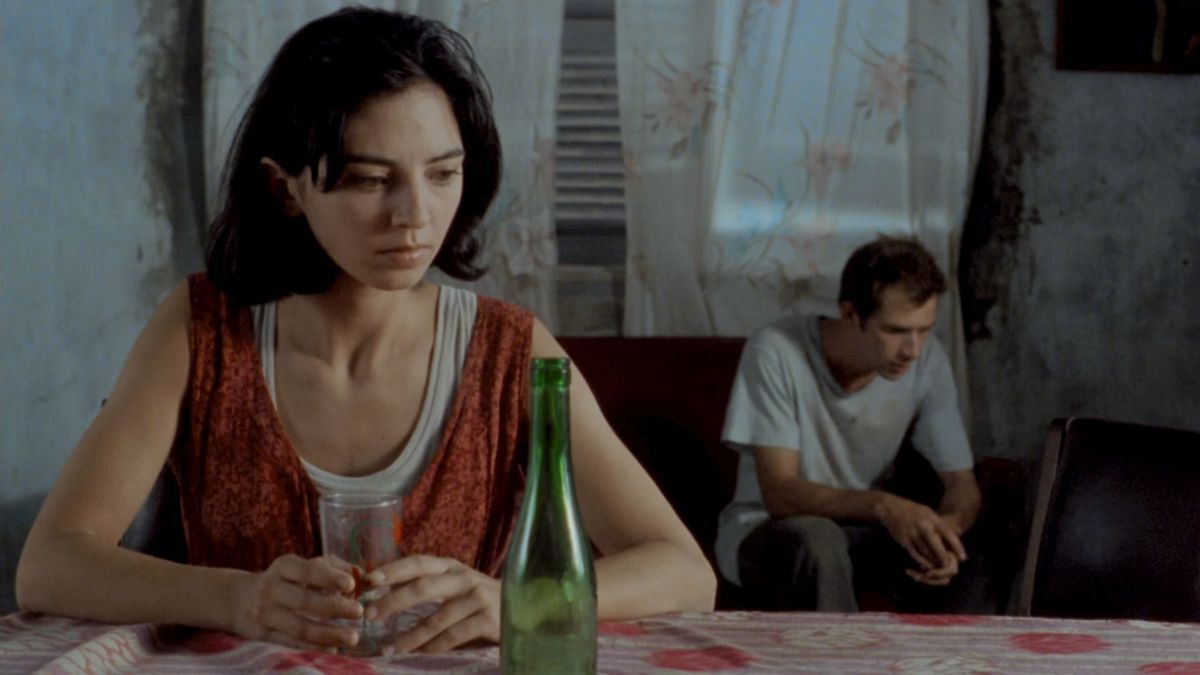
Pedro Costa · 105m · DCP
Stark volcanic terrain serves as a backdrop for an anti-colonial reworking of Jacques Tourneur’s I Walked with a Zombie. In this story of a nurse accompanying a man home to Cape Verde, Costa explores the fragile relations between human presence and natural austerity, the inherent violence of landscape and the residues of colonial histories it carries.






